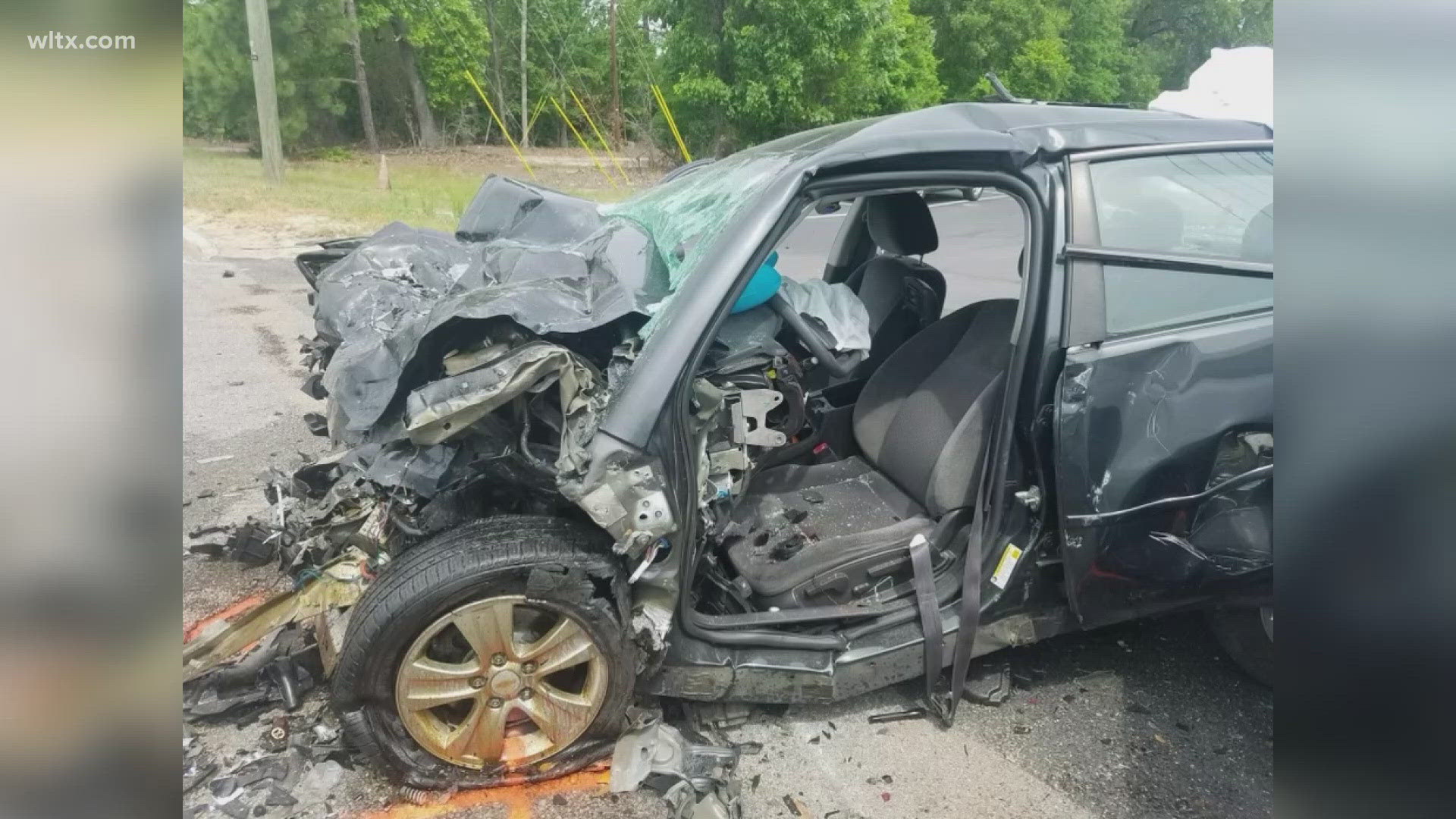COLUMBIA, S.C. — New numbers show South Carolina had 474 drunk driving deaths in 2022, according to the new report from Mothers Against Drunk Driving. That's the worst in the nation for deaths relative to population and miles traveled for that year.
"We have drunk driving death numbers up there with states with literally millions and millions more people than we do," says MADD South Carolina's Regional Executive Director Steven Burritt.
Advocates, lawmakers push for expansion of "Emma's Law" ignition interlock devices
Burritt says one way that MADD advocates for changing that is expanding the requirements for ignition interlock systems in the state. Burritt says that people who refuse to take the breathalyzer test should be required to have one installed under their court date.
"We have 40% of people in South Carolina that refuse the breath test," said Burritt. "Ultimately, it leads to, you know, dangerous roads and lives that are lost that don't need to be,"
Only convicted offenders are required to have them-- a recent expansion under the All Offenders Law. But lawmakers could definitely get another shot next session to expand that to those refusing to take the test, says Senator Brad Hutto.
"I advocate for the use of ignition interlock devices because they work," said Senator Hutto. "While you’re waiting your time for your trial, you have to have one of these devices on your car."
The law expanding the requirement for ignition interlock devices to all convicted offenders didn't go into effect until May, but data from MADD shows "more than 390,000 drunk driving attempts were prevented in 2020 – an average of 1,069 drunk driving attempts a day."
Drunk driving impacts thousands
According to a study from the National Highway Traffic Safety Administration, two out of three people will be impacted by drunk driving in their lifetime.
Megan RIffee was 27 when she was hit head on by a car. She says she broke almost every bone in her body, and suffered from a Traumatic Brain Injury.
"In a lot of ways my life has changed completely," said Riffee.
Six years later, she has one child and has come a long way from her physical injuries, but says her cognitive function still hasn't completely recovered.
"A lot of people look at me and say you look great," said Riffee. "You feel invisible a little bit. Nobody can see your injury on the inside."

